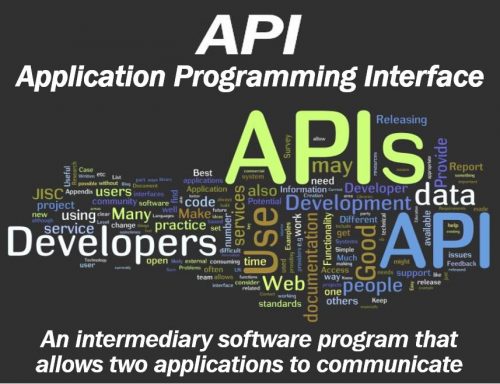
Much has been made of the impact of financial APIs over the past decade, however, few startups and small businesses realize exactly how they can be of benefit. The good news is it’s not as complicated as it sounds, and many developers are now trying to clear the mystery behind API functionality and make it more available to all types of business.
Here, we explore 8 examples of what APIs are doing today, and how they will shape the financial landscape of tomorrow.
1. IBAN SWIFT/BIC Validation API
For companies that regularly process interbank payments or process invoices internationally, ensuring that the correct BIC / SWIFT code is entered is crucial to receiving payments successfully. Thankfully, the IBAN SWIFT/BIC Validation API does exactly that, integrating directly into your website to instantly validate these important pieces of payment information.
Having licensed the BIC Directory from S.W.I.F.T SCRL, you can count on the information being correct and live. This means your company can retrieve information about the bank based on the BIC, search the BIC directory by a part of the bank name and country, search the BIC Directory for historical records, and use both complete and simplified API response for easier integration.
2. Intergiro Embedded Finance
Embedded finance products can perform a huge range of functions that previously were the preserve of conventional banks, and digital companies are now beginning to take advantage of these out-of-the-box services. This basically means that a single API can perform multiple tasks through Banking as a Service.
The Intergiro Embedded Finance API is a case in point, allowing you to set your own FX rates and provide transparent bank transfers that leverage a local payment network. This cuts down costs on international payments as well as removing the usually high-priced fees set by conventional banks.
3. Crunchbase
Crunchbase is a platform for finding information on private and public companies, including information on investments and funding, founding members and leadership positions, mergers and acquisitions, news, and other industry trends.
The free Crunchbase REST API consolidates much of this data and allows users to use it in any way. This means that businesses can quickly and efficiently access the types of information needed to make solid business decisions—particularly useful when companies are either looking for investors or looking to invest in other startups.
4. Kiva
The Kiva platform is among those forward-thinking microfinance services that have revolutionized business investment. Often used by organizations and companies that need short term loans quickly, the Kiva app allows businesses and individuals to loan anything from $25 dollars upwards.
Today, the Kiva API essentially provides users with access to their database, allowing developers to create their own applications leveraging this data. This means that integrating services where lenders can register for alerts on new entrepreneurs they want to fund or accessing financial terms of searched loans can be integrated into a website or app.
5. Xero
This online accounting system is the ideal choice for small businesses and financial advisors, providing access to bank transactions, invoices, and reports through the internet or mobile devices. Put simply, it allows your business to track all kinds of payment and invoicing metrics.
The API can be integrated into your app or website to automate a huge range of processes, including paying bills, claiming expenses, sending invoices, reporting on finances, and even tracking inventory.
6. FreshBooks
Another accounting solution that has embraced APIs, FreshBooks is a popular all-in-one solution for small businesses and startups. The software itself offers intuitive yet comprehensive accounting tools accessed through iOS or Android apps and on the web.
Today, however, the FreshBooks API allows businesses to access FreshBooks data using JSON—providing easy integration with other web and desktop applications. For example, businesses could create accounting documents directly from their online store or create instant graphs of revenue collected from their website.
7. Coinbase
Coinbase is one of the foremost cryptocurrency exchanges in the world, with millions of users regularly storing and exchanging crypto every day. As this nascent technology becomes more mainstream, many businesses are looking to integrate these types of payments into their websites.
Example of real-word uses of the Coinbase API include retrieving account information and balances, sending money, requesting money, and managing user information—meaning companies can integrate crypto payments with their shopping services.
8. Paypal
Naturally, one of the world’s largest online payment services was going to be at the cutting edge of the API revolution—and PayPal needs little in the way of introduction.
Functionality wise, the PayPal API offers online payments integrated into your website. However, it also offers invoice management, transaction processing, and account management—giving your customers instant access to all the features they need to pay for your goods or services.
Interesting Related Article: “Introducing API’s – The Future of Digitized Virtual Payment“

